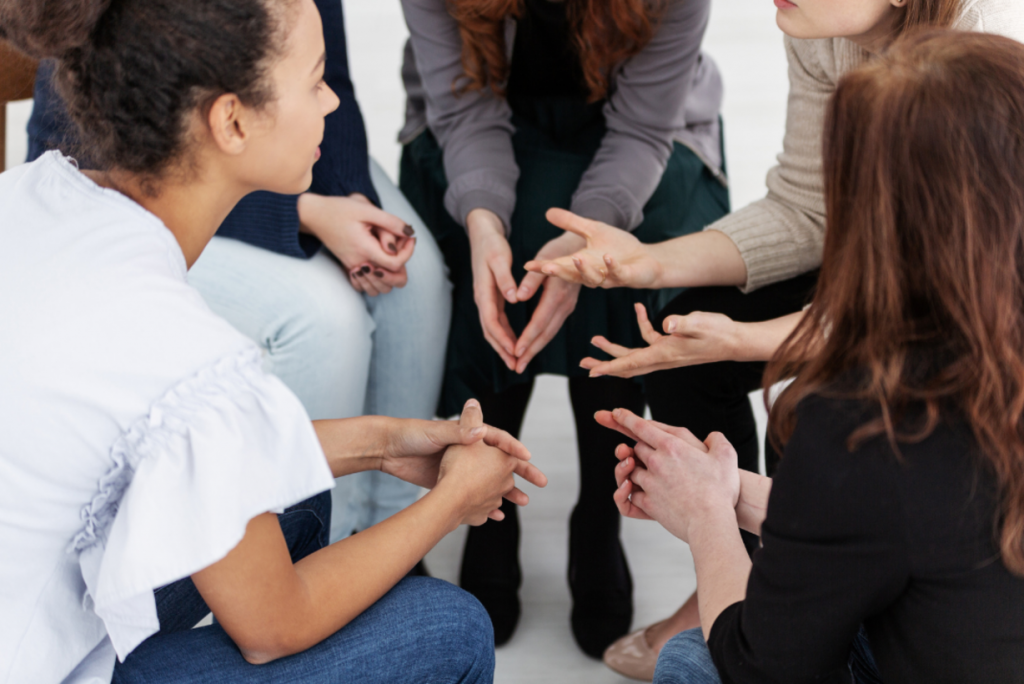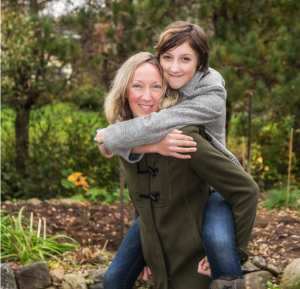
Women and mental health: Why younger women are at higher risk
- One in six children aged five to 16 were identified as having a probable mental health problem in July 2020. That’s five children in every classroom.
- 80% of young people with mental health needs agreed that the coronavirus pandemic had made their mental health worse.
- Suicide was the leading cause of death for males and females aged between five to 34 in 2019.
- 52.7% of 17–19-year-old women with a diagnosable mental health disorder self-harmed or attempted suicide at some point.
This isn’t new but it is getting worse. According to the British Medical Association (health report 2018) more women than ever are presenting with a mental disorder and young women especially. 1 in 4 between the ages of 16-25 report symptoms of anxiety, depression, self-harm, and suicidal thoughts (APMS 2016). The rates in women have been increasing steadily since 1993 compared to stable rates in men.
Women’s mental health in numbers (APMS 2016)
- 1:5 women (20.7%) compared with 1:8 men (13.2%) present a common mental health disorder.
- Young women are at especially high risk.
- Suicide rates in women are at their highest for a decade.
Unfortunately, medical practice has not been keeping pace. Studies in the UK and Canada report that young people and especially young girls are increasingly being treated with psychotropic drugs instead of having access to talking therapies and tools to take control of their own well-being. Antidepressant prescribing for depression has been rising most rapidly in 15 to 17-year-old girls a study from the University of Manchester shows.
This has a lasting impact on young women’s lives. 1 in 3 mental health problems in adulthood are directly connected to an adverse childhood experience.
Too often the reason for girls’ and women’s mental distress is ascribed to their hormones. This oversimplification prevents us from seeing the unkind truths about women: that women are more likely to experience domestic violence, adverse childhood experiences, single parenthood, financial difficulties, problematic family, and personal relationships.
The 2018 British Medical Association report calls for a holistic approach, for more funding to organisations that offer a therapeutic approach for young people, and for more research regarding gender and mental health in terms of prevention, diagnosis, and treatment. This is needed now more than ever.
We work preventatively at Rites for Girls endeavouring to change this statistics. Girls Journeying Together groups offer a year of monthly support for preteen girls as they practice being true to themselves, learn about puberty, share their hopes and fears, and help each other into their teens. We support girls to emerge from adolescence stronger than they went in, working to prevent the high rates of self-harm and low esteem.
Girls’ Net provides immediate guidance and camaraderie online over 6 weeks to help small groups of same-age girls (aged 8-18). Our mentors offer tools for coping well and the girls access their inner resources while also realising that they’re not alone.
Sources:
WHO (Gender and Women’s mental health)
British Medical Association (Addressing unmet needs in women’s mental health, health report 2018)
Youngminds.org.uk (Mental health statistics)



No comment yet, add your voice below!